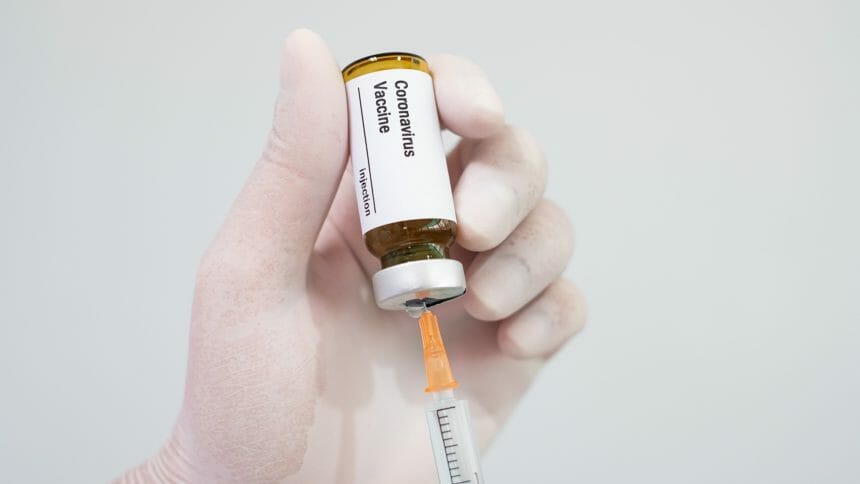
A few weeks out from the one-year anniversary of one of the earliest clusters of COVID-19 in the country, a Louisiana life plan community operator is looking forward to letting residents “get their lives back.”
With Mardi Gras escalating the outbreak in the city, Lambeth House reported its first COVID-19 case on March 10, 2020, just a little more than a week after the first case in a U.S. long-term care facility was reported in Kirkland, WA. The result of the outbreak was more than 50 cases and 21 resident deaths. The community also lost 60 employees, who chose to resign over the work and environment being “too difficult.”
What often is lost in the story, Lambeth House President and CEO Scott Crabtree said, is that after the initial outbreak, the senior living community has had only two positive resident cases in its independent living community, and six positive staff cases, since March 29, 2020.
“In 19 days, by decisions we made with great help from the CDC [Centers for Disease Control and Prevention], we shut the place down,” Crabtree said. “We stopped the pandemic from spreading any further in our community.”
Mandating vaccination
Crabtree and Jere Hales, chief operating officer, told members on a LeadingAge call on Monday that they knew they had to make difficult decisions and act fast.
Even before discussions about COVID-19 vaccinations began, Lambeth House made the decision last summer that when vaccines became available, they would be mandatory for employees.
The administration began the process in early October, having vaccination conversations in small groups and one-on-one with employees.
“Lambeth House framed getting the vaccine as ‘our moral obligation,’ and that resonated with people and was more impactful than empirical information,” Hales said, adding that the concerns they heard were more related to fear than resistance. “We provided information and talked about fear and courage,” he said.
Crabtree said 10 employees unwilling to be vaccinated did resign, but Lambeth House left the door open to re-employment in the future if they decided to get vaccinated.
Education campaign
The operator also conducted a “Not Here, Not Us” internal campaign early on, encouraging residents, families and staff members to take a pledge to do everything they could to mitigate the spread of the virus.
“The vaccine mandate fit with that,” Crabtree said. “The staff realized that the only way for the residents to get their lives back is for staff to do the right thing.”
Crabtree said it wasn’t difficult convincing staff members and residents to get vaccinated. The biggest fight, he said, was with the state only wanting to vaccinate the nursing home portion of its campus.
“Most of our member states were only issuing vaccines to nursing care. That was just not going to work for me,” Crabtree said, adding that he convinced state officials that was “very poor public health policy.”
“We convinced them that not vaccinating the entire high-risk building would be a mistake,” he said, adding that Lambeth House signed up early with Walgreen’s through the Pharmacy Partnership for Long-Term Care and had all of its paperwork and consent forms in place by Thanksgiving.
Today, Lambeth House has 99.74% of its campus vaccinated, which soon will allow it to open up within its walls to resume communal dining and social events.
“When you have 100% herd immunity within your walls, the risk is very minimal,” Crabtree said. “They’ll get their lives back at a big degree that they haven’t seen in the past year. That’s the reward for the employees, to see these people getting to socialize again.”




